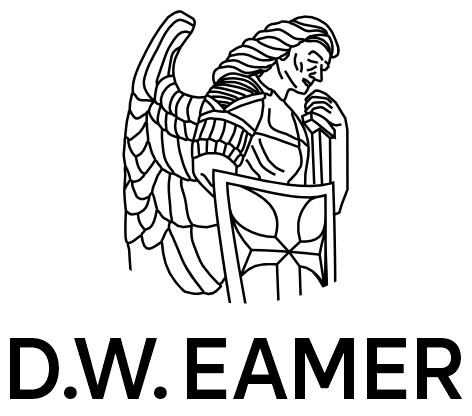Frequently Asked Questions
I get really turned off by stories in which the hero gets out of trouble by accident, or by convenient coincidences, or by impossible solutions that would never work in real life. Situations like that are indicative of what I would characterize as lazy writing based on weak imagination. It always gives me the impression the author had to force a scene in order to offer a solution because he or she wrote themselves into a corner without carefully planning a logical and believable solution.
I can’t stand reading anymore novels in which the lead character is a former military specialist. I think that particular type of character has been grossly overused for quite a few years in both movies and books. I find it hard to identify with that kind of character and, because of that, I can’t get into a story. I firmly believe that giving a character a highly specialized military skill set makes it too easy to write him or her out of dangerous situations. I’m more intrigued by the lead character—one without any special weapons or combat skill sets—who is thrown into dangerous circumstances and has to use his or her’s intelligence and imagination to find a solution. I find it makes for more gripping scenes in a thriller if I can identify.
One in which I can immerse myself because of the realism. That is why I love writing realistic novels. For one, a reader can learn quite a bit while exploring the adventure. Secondly, I love getting to the end of a novel that leaves me wondering what was true and what was made up. That’s the kind of story creation that inspires my reading and my writing style.
The learning factor. I love learning as I read. I find it gives my experience more depth as opposed to being lead mindlessly through an adventure. A story that stimulates my curiosity and makes me want to do searches on the internet to find out more about the subject being touched on is a definite winner for me. It’s the style I love as an author, as well.
I find that both offer rich sources of mysteries. It makes it fun to mingle them and pit one against the other. I find they also offer the greatest tapestry on which a “good against evil” story can be woven.
As a reader of novels, it grinds on me when a story ends weakly or when there are unresolved issues. Leaving questions unanswered at the end is a sure-fire way of finishing a story badly. There’s also the fly-by-the-seat-of-your pants thing that always leaves me with the impression the author did not know how to end the story. It tells me two things: the story got away from the author and he or she had to force it back, or that story was poorly planned from the beginning. When I first plan out a novel I want to have a clear idea of the beginning and the conflict set-up, but I also want to have a crystal clear idea of how the story will end. What happens in between is the adventure!
Very much so! I did quite a good deal of script-writing research a few years back. While my current goal is not about writing a script, the writing techniques I learned added to my understanding of how to structure a novel. As such, it’s normal that scenes in my stories will have movie-like qualities. And, if by chance a movie studio picks up the option to make a movie out of my book, the screen writer will have a much easier time converting the novel into a script!
My personal life list was inspired by a real life adventuer named John Goddard. At an early age he had made a list of all the things he wanted to accomplish in his life and then set out to make them happen. I was intrigued about his goal-setting approach, so I decided to make my own. Writing a book was near the top of the list of over a hundred goals. I have no clue where the list is today, nor do I remember even half of the goals on it, but the spirit of the exercise definitely helped in shaping my approach to life.
I have been an avid reader from a young age. I once read a seven-book series in one week while I was going to school! One day, after reading a particulariliy bad book, the idea flashed in my mind that even I could write a better book. At that moment, the challenge was accepted and I began the laborous reasearch for The SATAN Gene.
